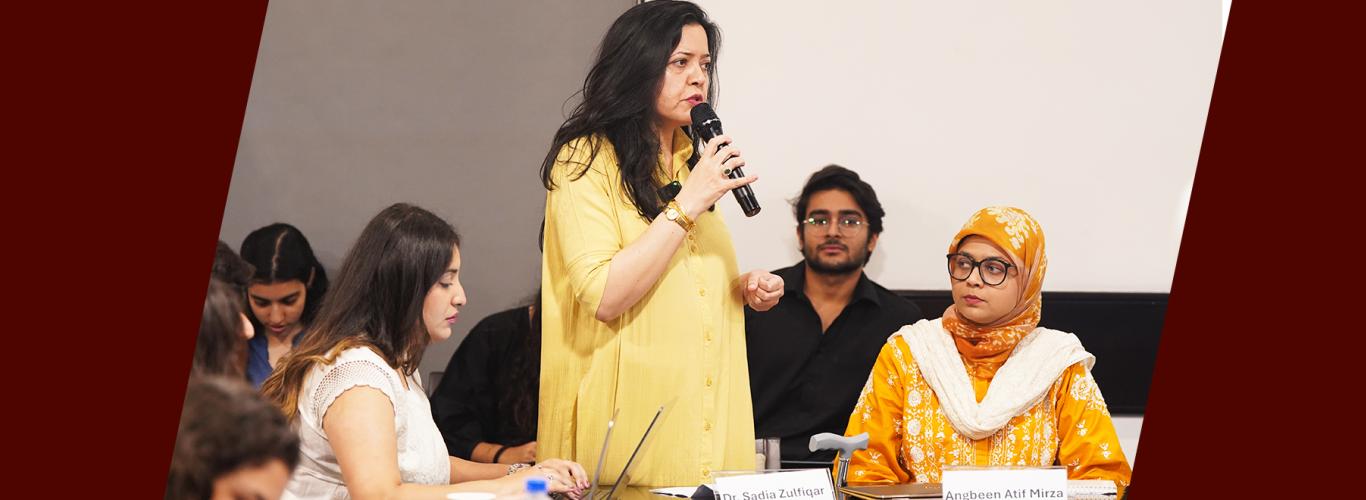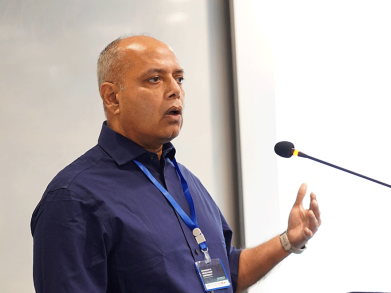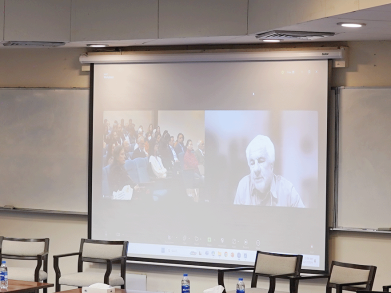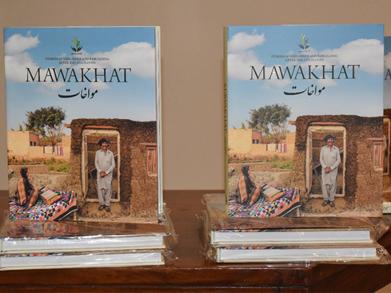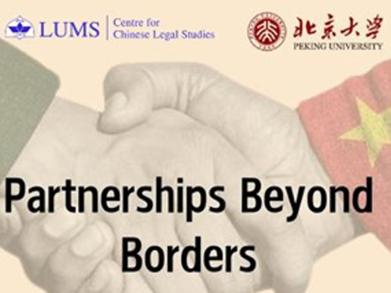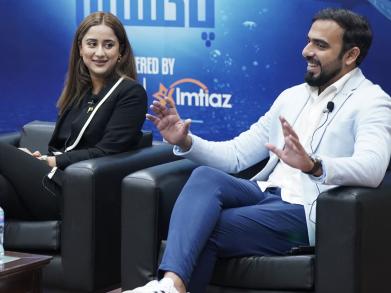Medical Humanities Symposium Explores How Storytelling Shapes Our Understanding of Illness, Care, and Recovery
The Mushtaq Ahmad Gurmani School of Humanities and Social Sciences (MGSHSS) at LUMS hosted a one-day medical humanities symposium—a groundbreaking conversation on how stories of illness and care intersect with emotion, gender, ethics, and social justice. An exciting group of speakers, including surgeons, creative writers, and representatives from NGOs, led discussions that fostered an interdisciplinary dialogue on health, narrative, and representation.
Opening the event, Dr. Sadia Zulfiqar, Assistant Professor, MGSHSS, who also teaches a course of the same title, The Wounded Storyteller, explained that the symposium stemmed from her class discussions on how black and brown female bodies are represented in relation to endometriosis, ovarian, and breast cancer. “Emotion too is a way of knowing,” she emphasised, “but medicine as a field tends to dismiss emotion and instead privileges reason.”
The symposium began with a presentation by Dr. Mustafa Aslam, Forensic Physician, Bioethicist, and Section Head of Forensic Medicine at Riphah International University. In his paper Narrating Inequalities in Healthcare and the Vulnerable Population, Dr. Aslam highlighted the deep-rooted inequities in Pakistan’s healthcare system, noting that while the Constitution guarantees the right to life and dignity, the right to health is not explicitly recognised as a fundamental right, and urged policymakers to ensure equal access to healthcare for all citizens.
Dr. Sarosh Saleem, Assistant Professor and Head of the Department of Bioethics at Shalamar Medical and Dental College, discussed how patients’ narratives are often dismissed in clinical settings. “When a system cannot carry patients’ stories, it also loses the capacity to heal them. We should have 'narrative justice', creating ethical spaces for stories that medicine typically overlooks.”
Drawing on stories from climate-driven emergencies, Dr. Rasheed Ahmed, Public Health Specialist, described how droughts and floods intensify risks for women and girls, contributing to early marriage, unsafe pregnancies, and preventable deaths. He noted that complications often turn fatal because of malnutrition, delayed care, and shortages in health facilities. Emphasising that these outcomes arise from systemic barriers such as poverty, gender inequity, and limited services, he highlighted the need for coordinated action to ensure protection and timely care.
Dr. Amir Jafarey, Professor at the Centre of Biomedical Ethics and Culture, examined how bioethics and the humanities can help 'unsilence' the narratives of both patients and physicians. Reflecting on his journey from the operating theatre to academia, he highlighted the importance of empathy and storytelling in medical education, noting, “A person doesn’t die from illness, but from ending up in a story.”
Speaking about how health systems must respond to real public needs, Hania Qavi Khan, Senior Associate, Impetus, reflected on how everyday realities shape families’ vaccination decisions. She encouraged greater attention to the stories and circumstances behind refusal, noting, “I think there’s a lot of hope in the system.” Her talk invited the audience to consider how context and care influence different responses to health.
Exploring how thoughtfully designed digital tools can strengthen awareness and decision-making among young people, Dr. Suleman Shahid, Associate Professor, Syed Babar Ali School of Science and Engineering (SBASSE) at LUMS, shared research on a narrative-based game developed for university students. Grounded in cognitive-behavioural principles and storytelling, the tool encouraged students to reflect on social experiences, recognise cognitive distortions, and consider new responses to anxiety, highlighting the promise of contextual, interactive approaches for supporting mental health on campus.
Attentive listening and validation are central to improving healthcare interactions, particularly when women’s experiences are often dismissed. Hareem Sumbul, International Board-Certified Lactation Consultant (IBCLC), emphasised how recognising and addressing structural barriers not only supports trust and well-being in clinical care but also honours and amplifies women’s lived experiences.
Closing the symposium, Dr. Ali Raza, Chair of the Humanities and Social Sciences department at LUMS, commended the initiative, saying, “It’s the first seminar of its kind; we haven’t had such focused conversations on medical humanities before.” He expressed hope that students would continue exploring these intersections of health, ethics, and storytelling. “I’m pleasantly amazed at the range of conversations — from questions of bioethics and justice to the social dimensions of care. I hope many of you will carry these ideas forward in your academic journeys.”

